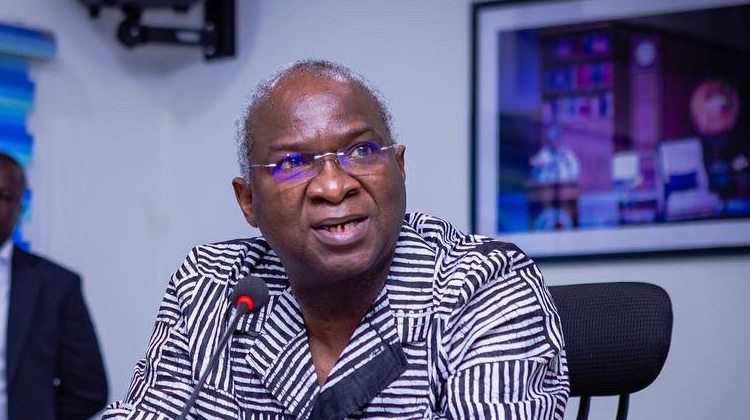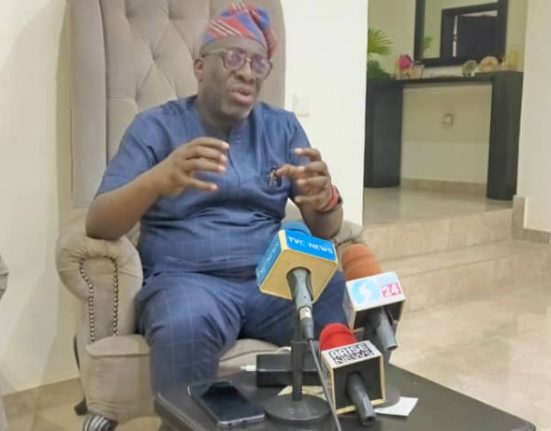Former Minister of Works and Housing, Babatunde Raji Fashola, has stated that granting full autonomy to local governments in Nigeria is currently unrealistic, citing constitutional limitations and political complexities.
Speaking during a media engagement on Tuesday, Fashola emphasized that the Nigerian Constitution does not recognize local governments as independent tiers of government in the same way it does the federal and state governments. He noted that the 1999 Constitution only recognizes states as federating units, with local councils operating under their respective state governments.
“The idea of local government autonomy is idealistic but not grounded in the present structure of our Constitution. States are the federating units, and the Constitution makes it clear that local governments are creatures of the states,” Fashola explained.
He argued that pushing for full autonomy of local governments without a constitutional amendment is legally unfeasible and could lead to confusion in governance. Instead, he advised that stakeholders focus on strengthening local government administration through legislative clarity and improved accountability mechanisms within state frameworks.
Fashola also challenged proponents of autonomy to pursue constitutional reforms through the National Assembly if they are serious about transforming the structure of local governance.
The former Lagos State governor’s position comes amid renewed calls by civil society organisations and some political leaders for the financial and administrative independence of local governments, especially as the Supreme Court continues to hear a suit filed by the Federal Government seeking to enforce such autonomy nationwide.
His remarks have sparked fresh debate over the structure of Nigeria’s federalism and the future of grassroots governance.


